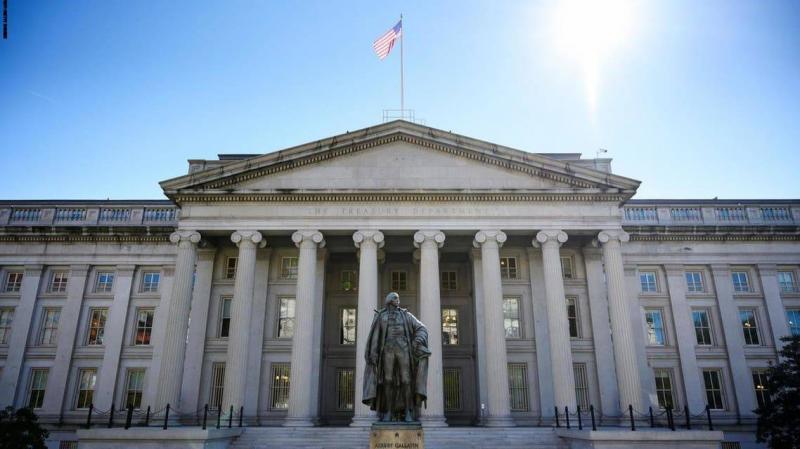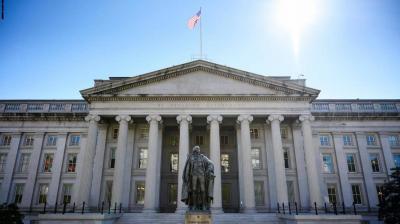A delegation from the U.S. Treasury concluded a three-day visit to Lebanon yesterday, during which it met with members of the Lebanese government, civil society, and the banking sector to reaffirm the U.S. government's commitment to supporting the Lebanese people during these times of economic turmoil. The delegation encouraged the Lebanese government to develop a potential program with the International Monetary Fund (IMF), indicating that such a program could help restore the much-needed confidence in the economic system.
The delegation addressed the obstructive nature of systemic corruption and identified specific areas deemed critical for addressing the lack of transparency and accountability in its discussions with both public and private sectors, emphasizing that tackling corruption in Lebanon is a prerequisite for addressing governance and the economic crisis. It urged the Lebanese government and banking officials to maximize returns for depositors in any financial recovery plan, particularly for those with relatively smaller accounts, emphasizing the need for prompt action to improve the financial system. This point was underscored by the IMF during its visit to Lebanon, where it stressed the importance of protecting depositors.
The delegation highlighted the necessity for the Lebanese government to implement deep and meaningful reforms before the elections. It also pointed out the "Hassan Loan" listed on U.S. sanctions as an example of a fraudulent, unregulated financial institution that violates its NGO license issued by the Ministry of Interior and provides cover for financial activities related to "Hezbollah," jeopardizing the credibility of the Lebanese financial system. Concerns were also raised about violations within the banking system by members of the political and economic elite. Delegation members emphasized the need for serious efforts to investigate these violations, particularly by the Central Bank of Lebanon and the special investigation authority. They pressed the relevant authorities to conduct investigations and exercise due diligence regarding any related transactions.
They discussed the relevant preparations for the joint assessment of the Middle East and North Africa Financial Action Task Force (MENAFATF). Treasury officials thanked the Lebanese government for its strong stance against the unjustified and deliberate invasion of Ukraine.
**Banking Association: Banks Comply with Laws**
In a statement issued yesterday, the Association of Banks in Lebanon asserted that it emphasized to the U.S. Treasury delegation that "banks continue to comply with U.S., local, and global laws despite the crisis in Lebanon." It noted that the head of the Association of Banks in Lebanon, Salim Sfeir, informed the U.S. Treasury delegation that representatives of the banking sector in Lebanon are still making efforts, under the current circumstances, to exercise appropriate due diligence, control the flow of funds through the banking system, and implement the required compliance standards, highlighting the banks' commitment to combat corruption.
Sfeir raised the sector's concerns regarding the risks faced by banks and depositors under these circumstances, while the government has so far failed to achieve the reforms demanded by the Lebanese people and the international community. The association's statement indicated that the U.S. delegation stressed the importance of fighting corruption and encouraged banks to tighten scrutiny on financial transfers, emphasizing the need for serious efforts to investigate potential violations that may be committed by politically exposed persons (PEPs) and anyone who has access to public funds. Additionally, the U.S. delegation pointed out the vulnerabilities within the banking sector associated with the low reporting of suspicious transactions made to the special investigation committee.
The delegation and the Association of Banks in Lebanon agreed on the need to continue adequately addressing the concerns arising from the current financial challenges, and the necessity of enhancing electronic Know Your Customer (KYC) standards and compliance practices.




